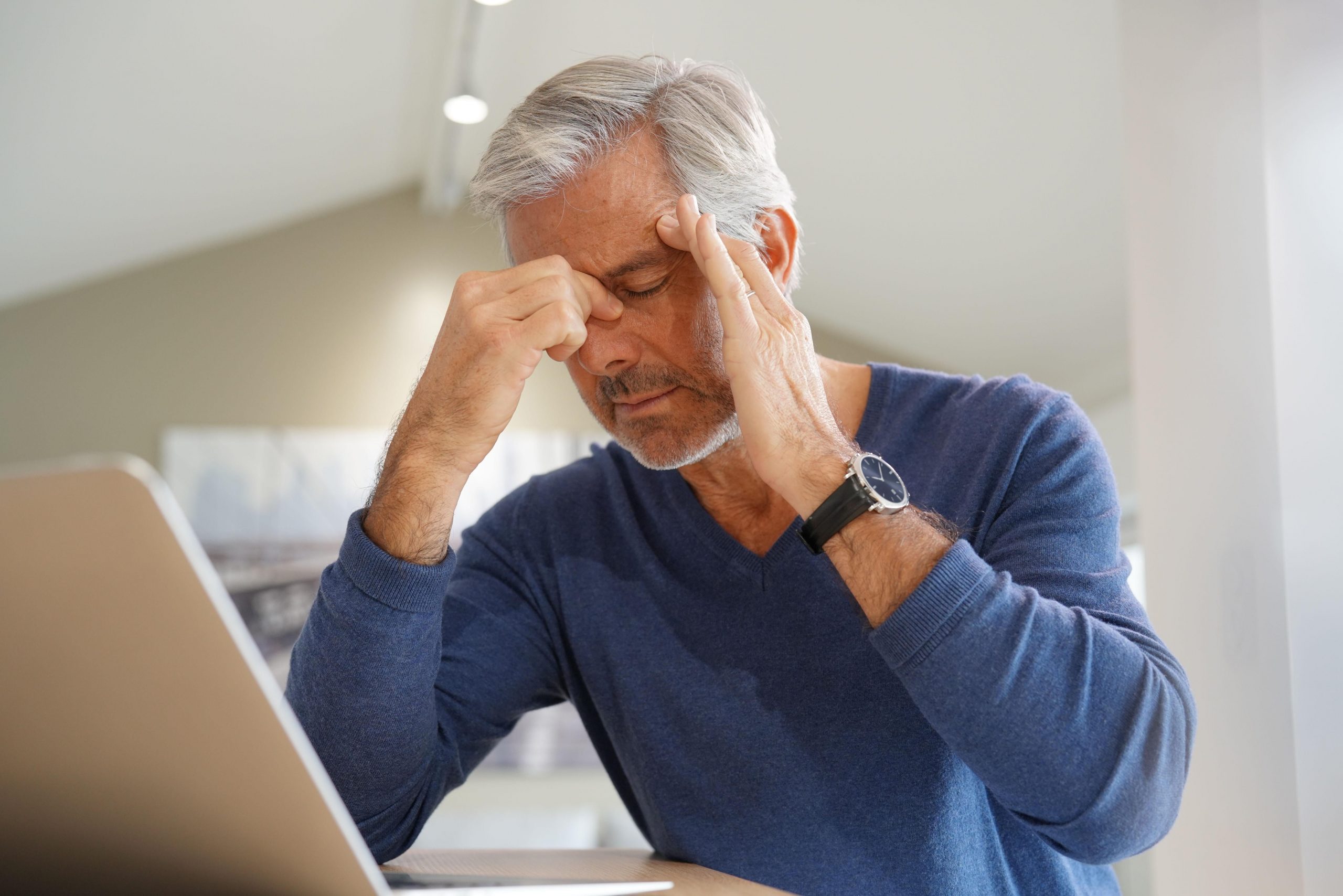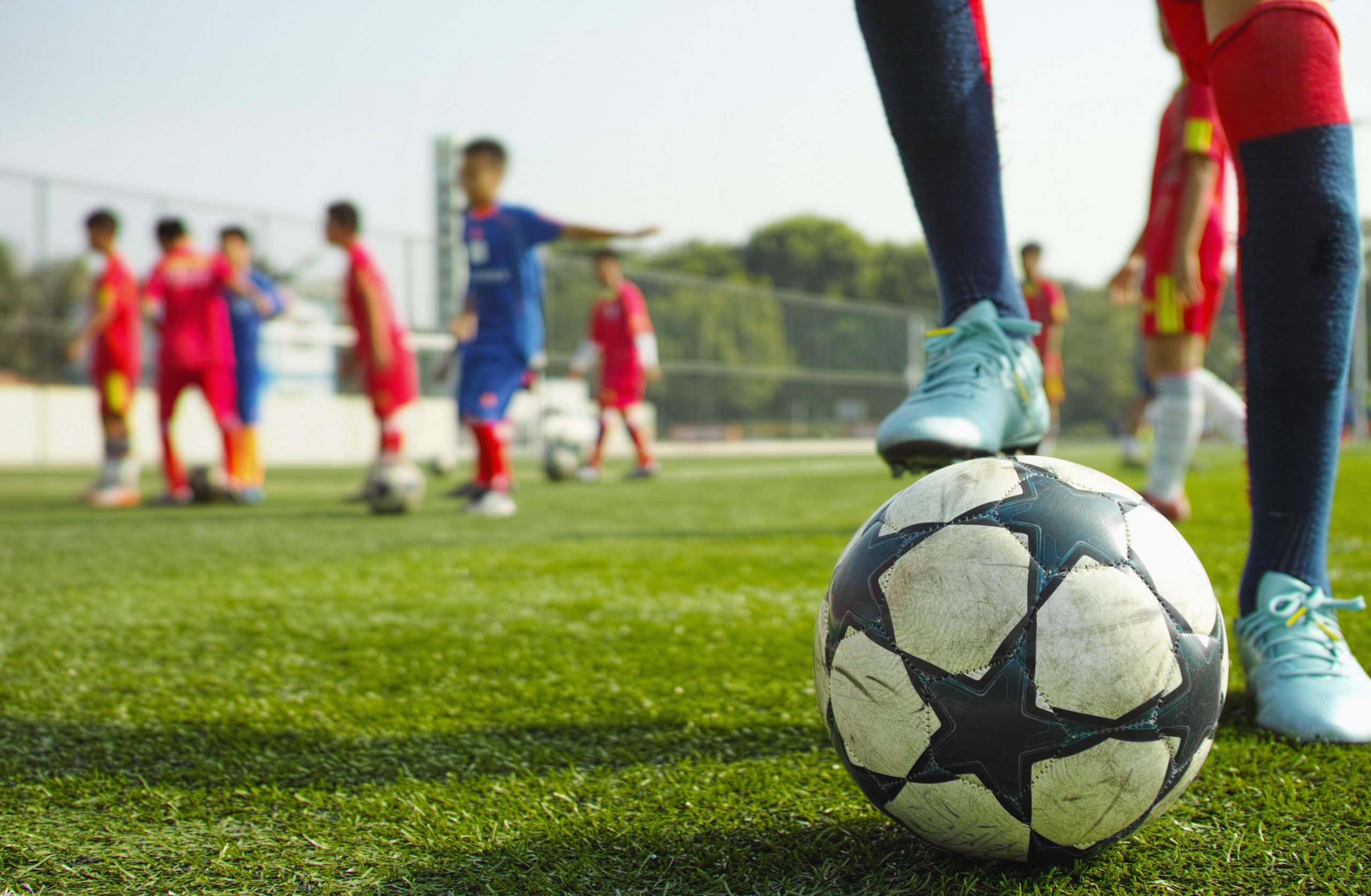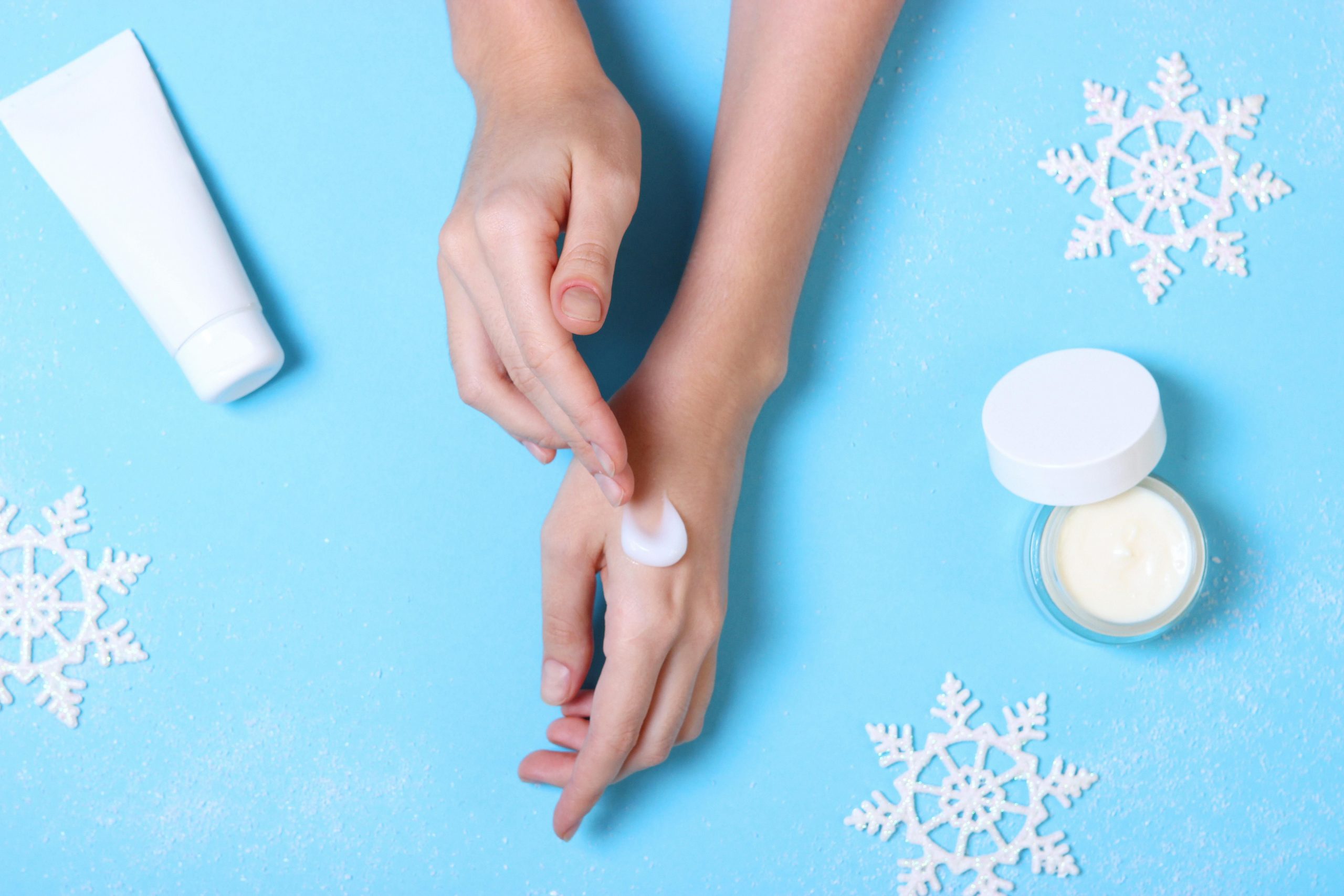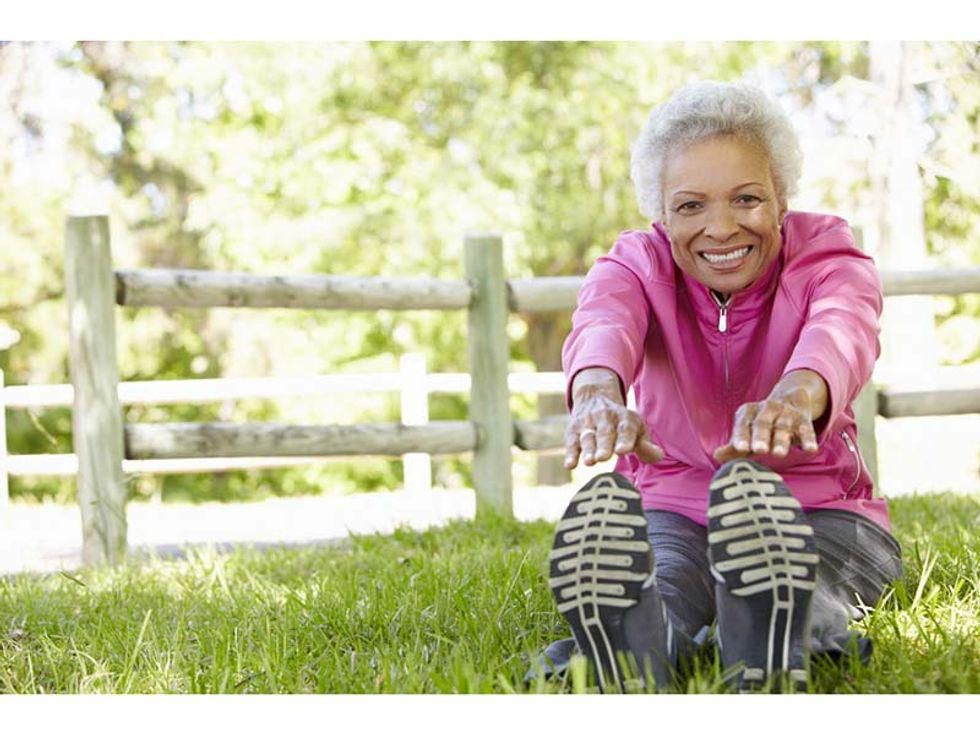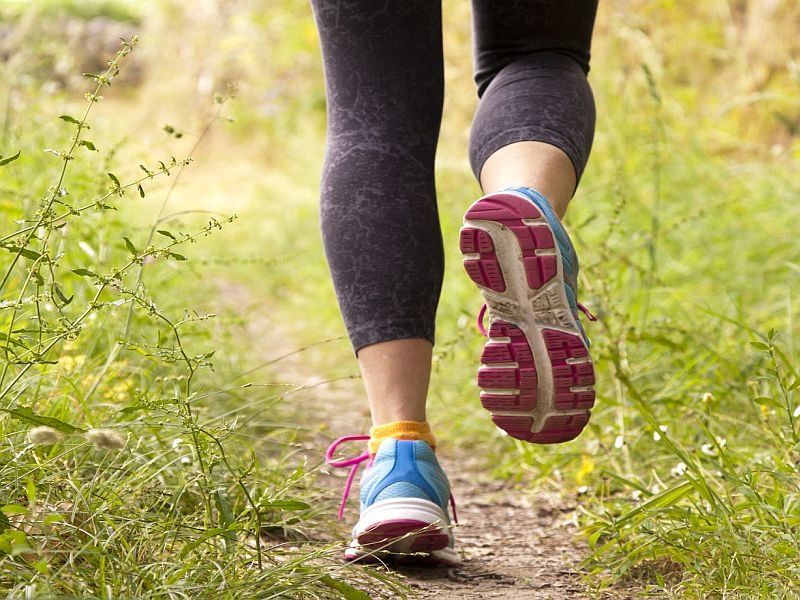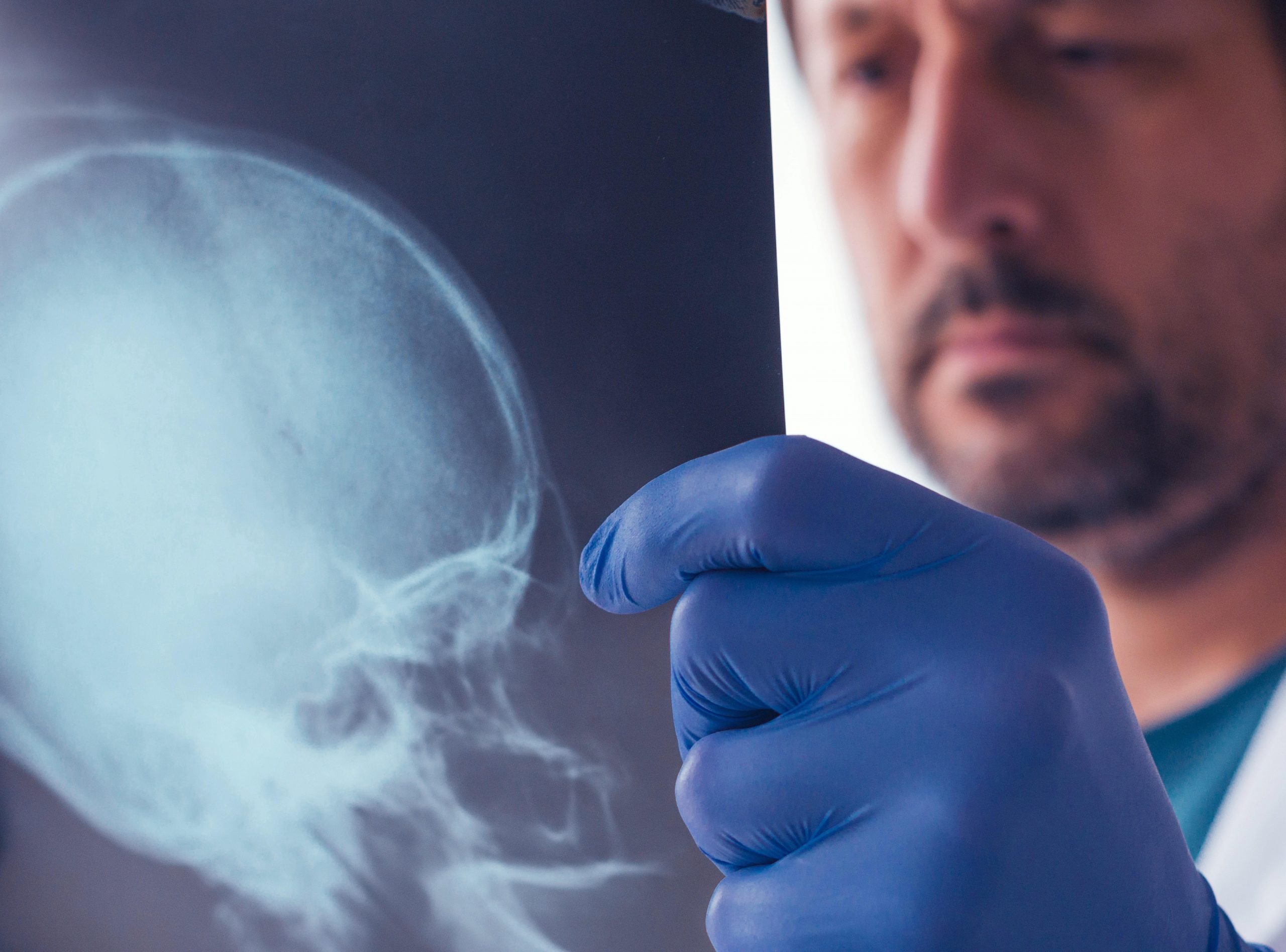
People who’ve had a major traumatic brain injury (TBI) may be at increased risk for dementia, according to a new study. “Approximately 1 in 10 people in our study who had major TBI did develop dementia,” said study co-author Dr. Rahul Raj, of the University of Helsinki in Finland. A major TBI was defined as… read on > read on >











